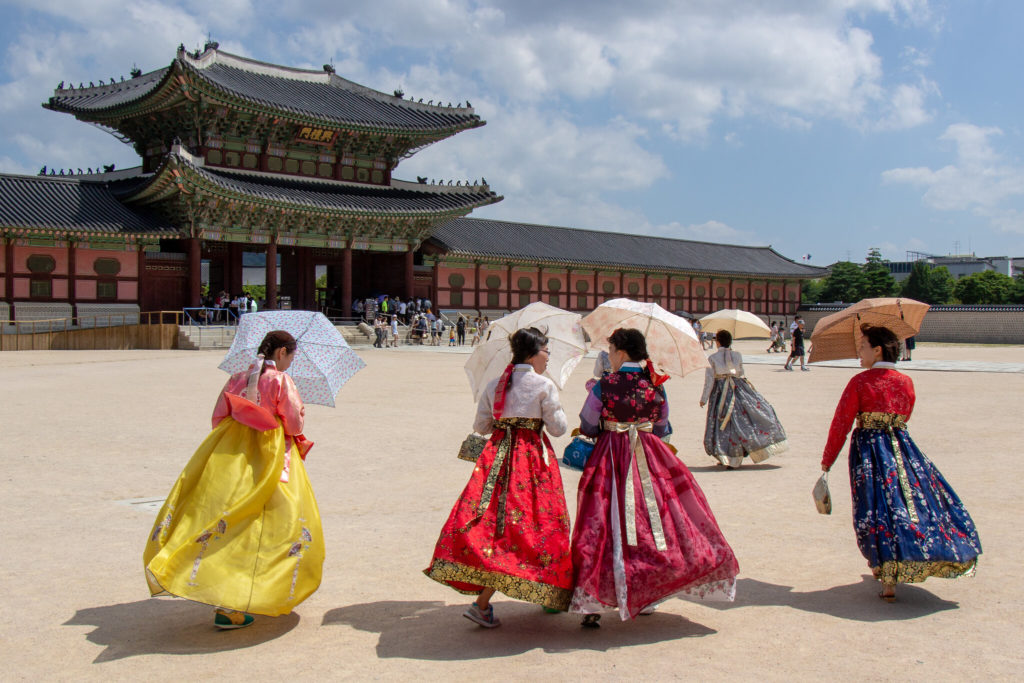The Peninsula
South Korea’s Road to Reproductive Rights

The landmark 1973 case Roe v. Wade legalized abortion in the United States, protecting women’s rights to choose without government restriction. Just as reproductive rights are under threat in the United States, they are just beginning to find footing in South Korea.
South Korea instated a blanket ban in 1953, with a 1973 revision allowing the procedure in rare exceptions such as rape or detected fetal genetic disorders. Women who got abortions outside these exceptions could serve one year in jail or be fined KRW 2 million (USD 1,582). Doctors performing the operations also faced a prison sentence of two years.
Abortion was decriminalized in Korea in 2019. In 2020, a bill was drafted to revise the Criminal Act and Mother and Child Health Act, allowing abortions until the 14th week of pregnancy, or 24th under extreme circumstances. In December, articles relating to the criminality and allowable circumstances of abortion were rendered invalid, effectively decriminalizing abortion on January 1, 2021.
In Roe v. Wade, the U.S. Supreme Court applied the core constitutional right to privacy in its argument for the legalization of abortion. South Korea’s constitutional court ruled that criminalizing abortion limits women’s rights to self-determination. The ruling outlined that the existing law forced women to maintain pregnancies without exception, even in extenuating social or economic circumstances.
However, women’s rights activists feel there is a long way to go. Many argue that the focus remains on punishment rather than respecting bodily autonomy, and decriminalization does not guarantee access to abortions. High costs of procedures lead women to look for illegal drugs online and social stigma impedes access to resources for safe abortions. Limited sex education makes it difficult for women to make informed decisions about their sexual health, and women who get abortions often face social exile. This suggests changes in social attitudes around sexual health and reproduction must accompany legal reform for meaningful change.
This briefing comes from Korea View, a weekly newsletter published by the Korea Economic Institute. Korea View aims to cover developments that reveal trends on the Korean Peninsula but receive little attention in the United States. If you would like to sign up, please find the online form here.
Korea View was edited by Yong Kwon with the help of Kayla Harris, David Lee, Sarah Marshall, and Mai Anna Pressley. Picture from the flickr account of Luca.
